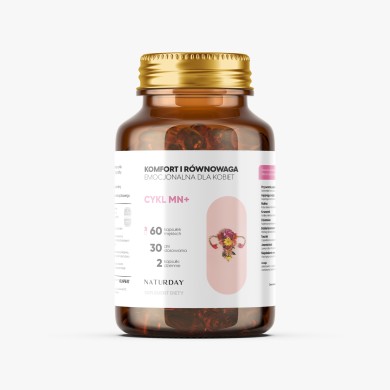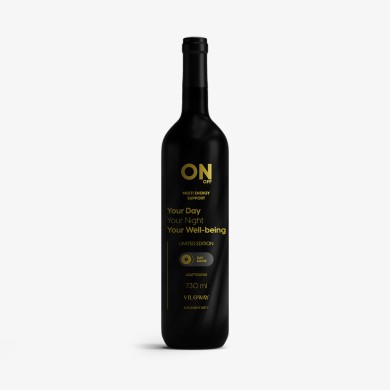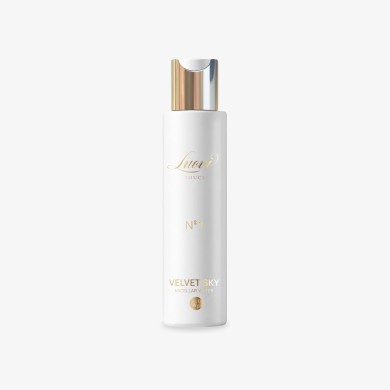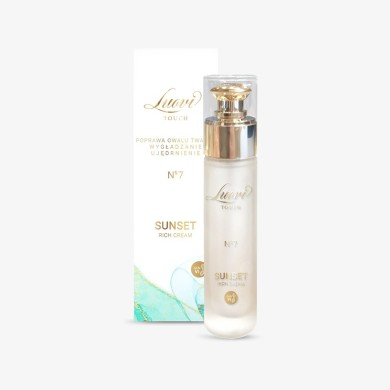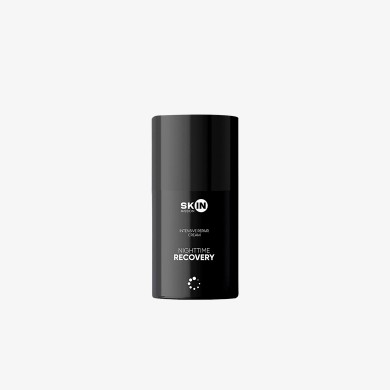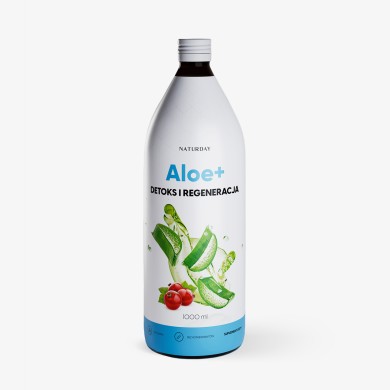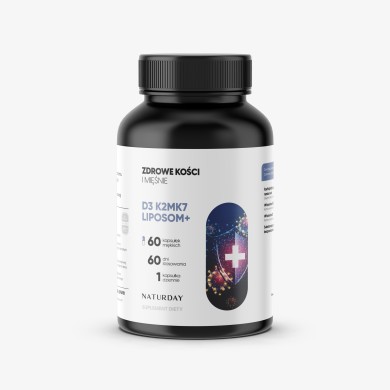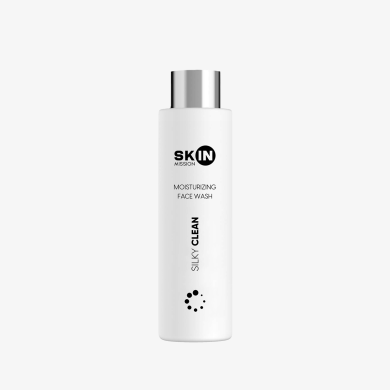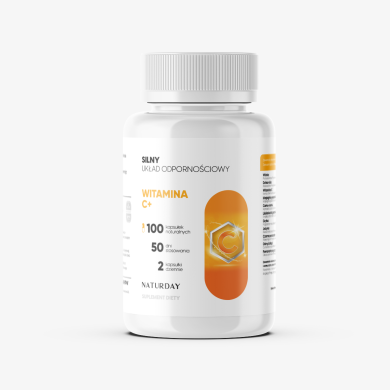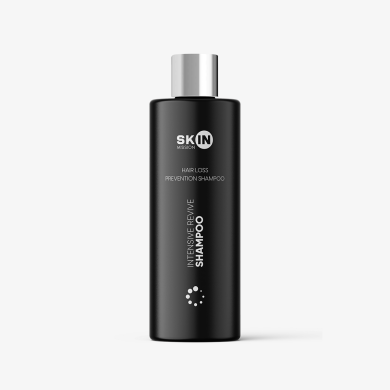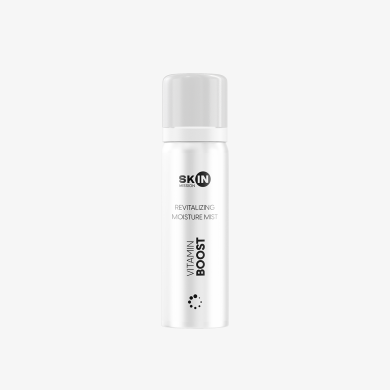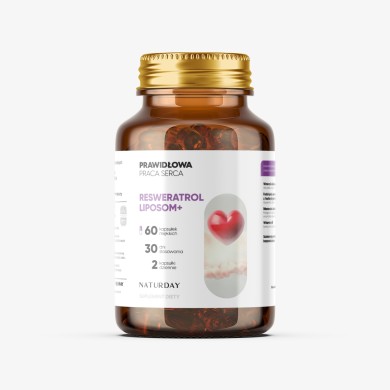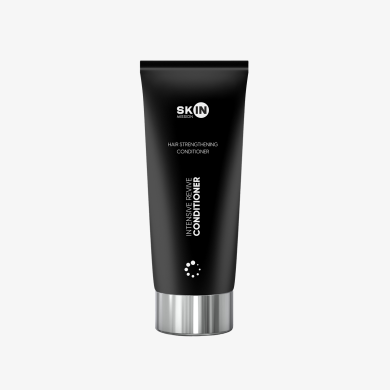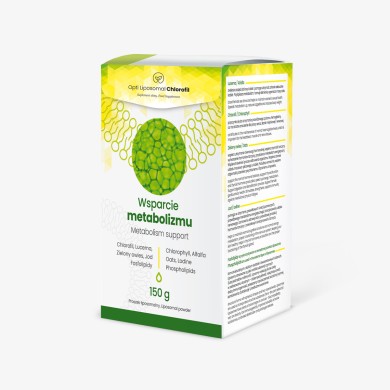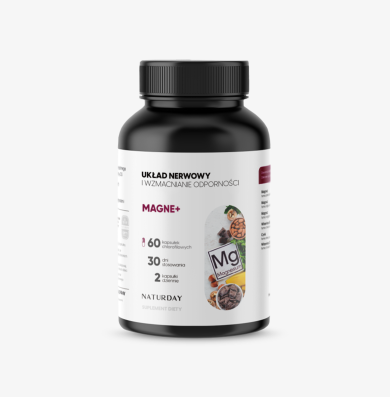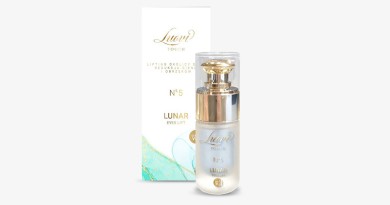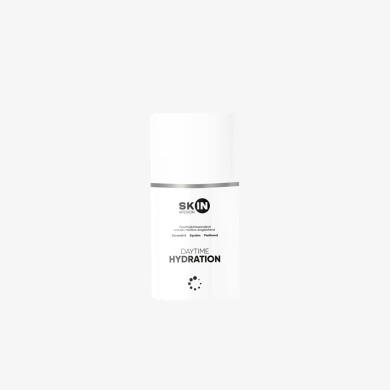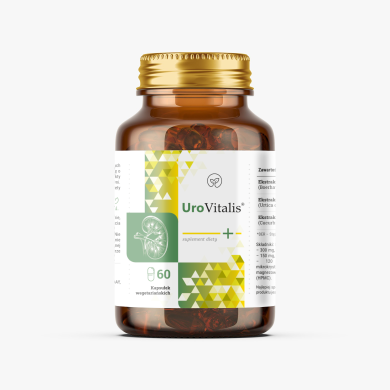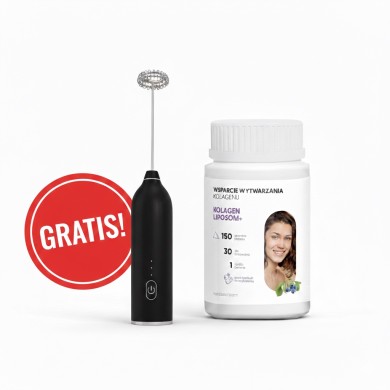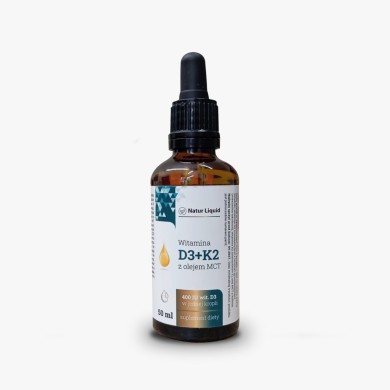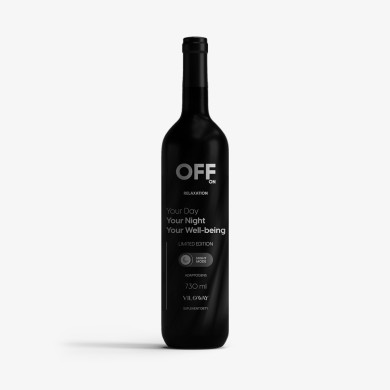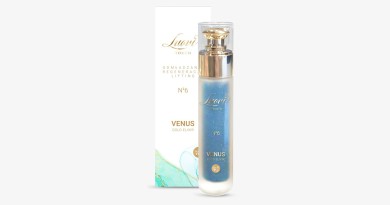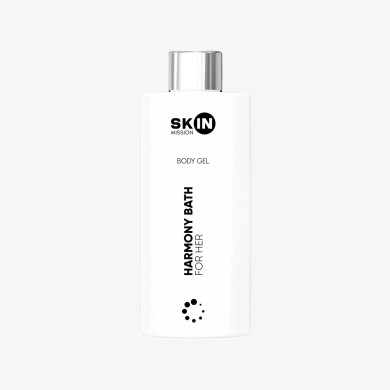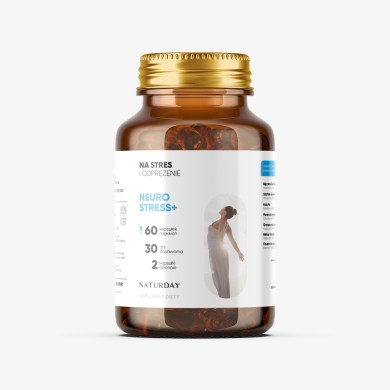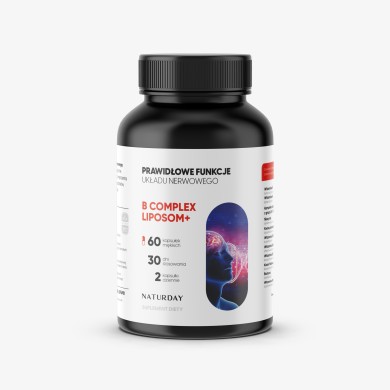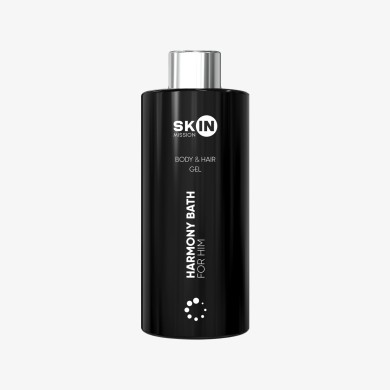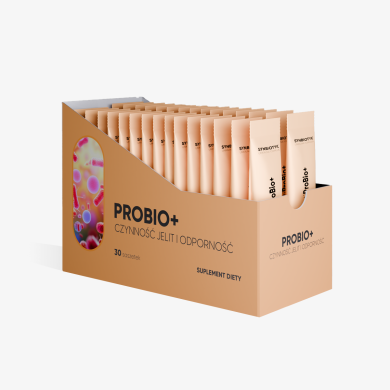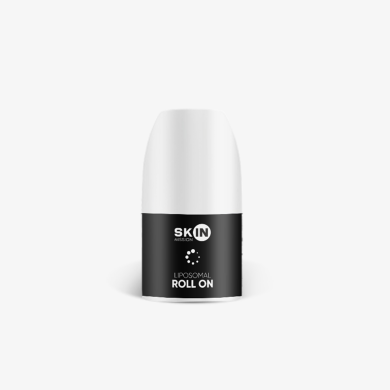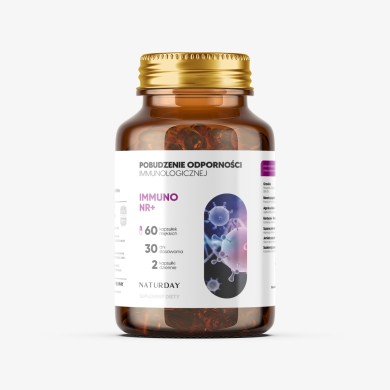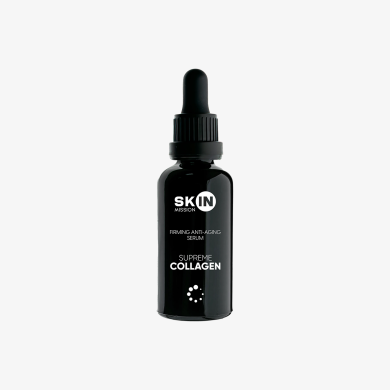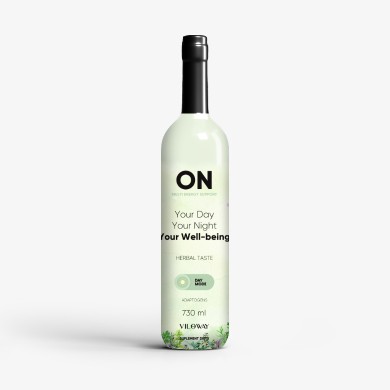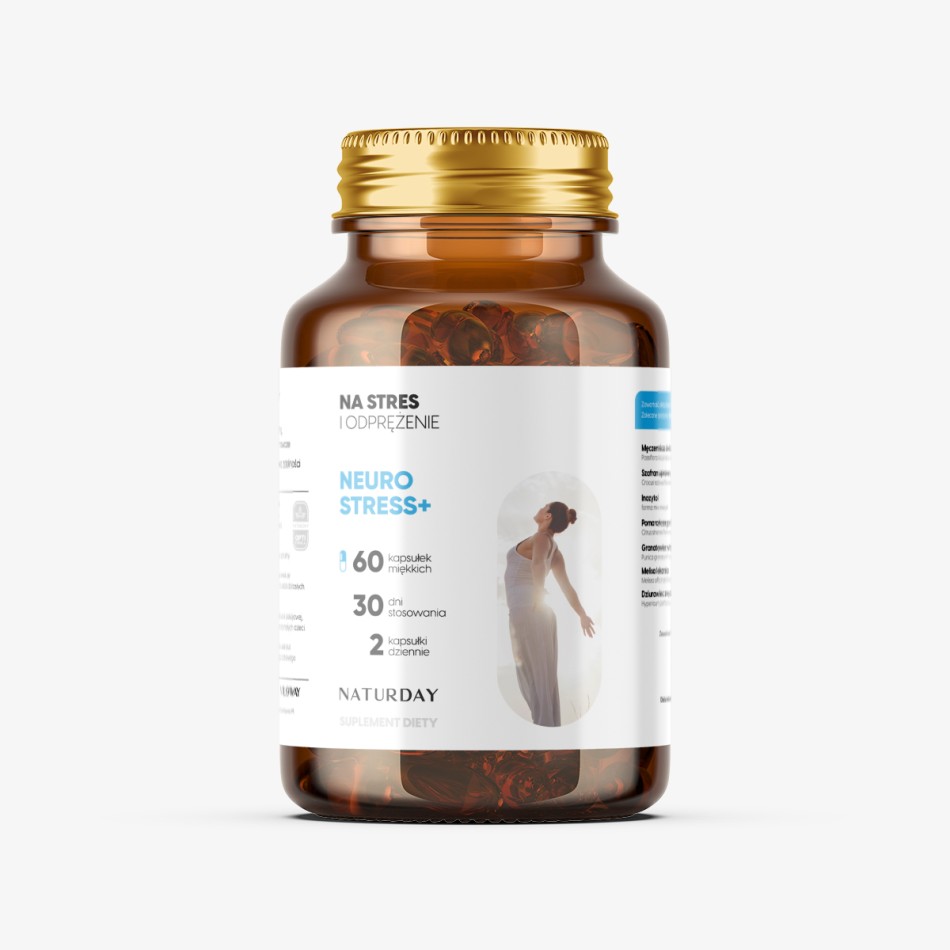Great product that want to deal with stressful situations. Does not stupefy. I am relaxed and calmer 👌.
Great product that want to deal with stressful situations. Does not stupefy. I am relaxed and calmer 👌.
Neurostress+ - Natural Support for Stress
Weronika, 2024-11-08 15:24
Translate to English
View the original
I recommended to a friend and she said that she has never had a better product for stress reduction - it doesn't stupefy her at all, she has a lot of energy and has completely stopped stressing. She also gives to her teenager and she too has started to function completely differently. This is a top product! I highly recommend it!
I recommended to a friend and she said that she has never had a better product for stress reduction - it doesn't stupefy her at all, she has a lot of energy and has completely stopped stressing. She also gives to her teenager and she too has started to function completely differently. This is a top product! I highly recommend it!
Neurostress+ - Natural Support for Stress
Dominika, 2024-10-26 10:46
Translate to English
View the original
I highly recommend for overtiredness and constant tension. I have also recommended this product to friends and they feel the change
I highly recommend for overtiredness and constant tension. I have also recommended this product to friends and they feel the change
Neurostress+ - Natural Support for Stress
Translate to English
View the original
I highly recommend Neurostres because I am after thyroid surgery and my hormones were in overdrive...so I was lighting up like a fuse...now as I use it I am calmed down inside, but not dulled as after other syplement. My body is calm and I use it 2x dz. I function at full capacity in the morning and don't fall asleep...and in the evening it helps me sleep better.
Thank you Viloway
I highly recommend Neurostres because I am after thyroid surgery and my hormones were in overdrive...so I was lighting up like a fuse...now as I use it I am calmed down inside, but not dulled as after other syplement. My body is calm and I use it 2x dz. I function at full capacity in the morning and don't fall asleep...and in the evening it helps me sleep better.
Thank you Viloway
Neurostress+ - Natural Support for Stress
Translate to English
View the original
With daily stress it gives mega relief. I'm slower to get upset and I no longer remember when I let myself get out of balance. Before, it happened to explode. In addition, I sleep better. I recommend
With daily stress it gives mega relief. I'm slower to get upset and I no longer remember when I let myself get out of balance. Before, it happened to explode. In addition, I sleep better. I recommend
Neurostress+ - Natural Support for Stress
Translate to English
View the original
Without this supplement I do not start the day ... I recommend to anyone who has a problem with stress, nervousness and needs calming. Mega relief !
Without this supplement I do not start the day ... I recommend to anyone who has a problem with stress, nervousness and needs calming. Mega relief !
Neurostress+ - Natural Support for Stress
Translate to English
View the original
I would recommend to anyone with stress problems. After 3 days of use I felt a significant difference. I felt calming, I was less anxious about anything. It calms down nicely at night. I recommend
I would recommend to anyone with stress problems. After 3 days of use I felt a significant difference. I felt calming, I was less anxious about anything. It calms down nicely at night. I recommend
Neurostress+ - Natural Support for Stress
Klaudia, 2024-02-23 23:46
Translate to English
View the original
I recommend!!! It calms and at the same time does not stupefy. After taking it feels calmer.
I recommend!!! It calms and at the same time does not stupefy. After taking it feels calmer.
Neurostress+ - Natural Support for Stress
Translate to English
View the original
